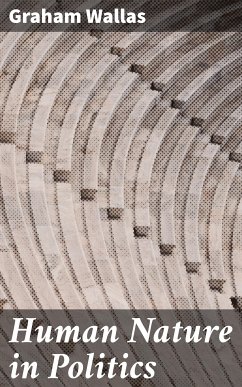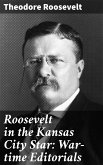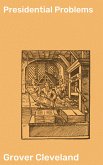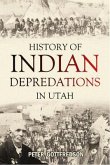In "Human Nature in Politics," Graham Wallas delves into the intricate interplay between human psychology and political behavior, challenging prevailing notions of rationality in governance. Through a combination of empirical observation and philosophical inquiry, Wallas articulates a compelling argument that emotions, instincts, and social contexts significantly shape political decisions and institutions. His literary style is marked by clarity and cogent reasoning, situating the work within the context of early 20th-century political thought as he engages with both contemporary and historical debates regarding democracy, governance, and the role of the individual in the political sphere. Graham Wallas, a prominent British social philosopher and one of the key figures in the early development of political science, draws upon his diverse experiences in academia and public life to inform this analysis. His engagements with psychological theories and his commitment to progressive social reforms uniquely position him to explore the nuances of human behavior in politics. Wallas's background in utilitarian philosophy and his connections with the Fabian Society reflect his pursuit of understanding how political systems can be molded to better serve human needs. "Human Nature in Politics" is essential reading for scholars and enthusiasts of political theory alike. Wallas'Äôs insights prompt readers to reconsider their assumptions about political action, significantly enriching contemporary discussions on governance. For anyone seeking a profound understanding of the motivations behind human political behavior, this work offers both theoretical rigor and practical implications.
Dieser Download kann aus rechtlichen Gründen nur mit Rechnungsadresse in A, B, BG, CY, CZ, D, DK, EW, E, FIN, F, GR, H, IRL, I, LT, L, LR, M, NL, PL, P, R, S, SLO, SK ausgeliefert werden.









